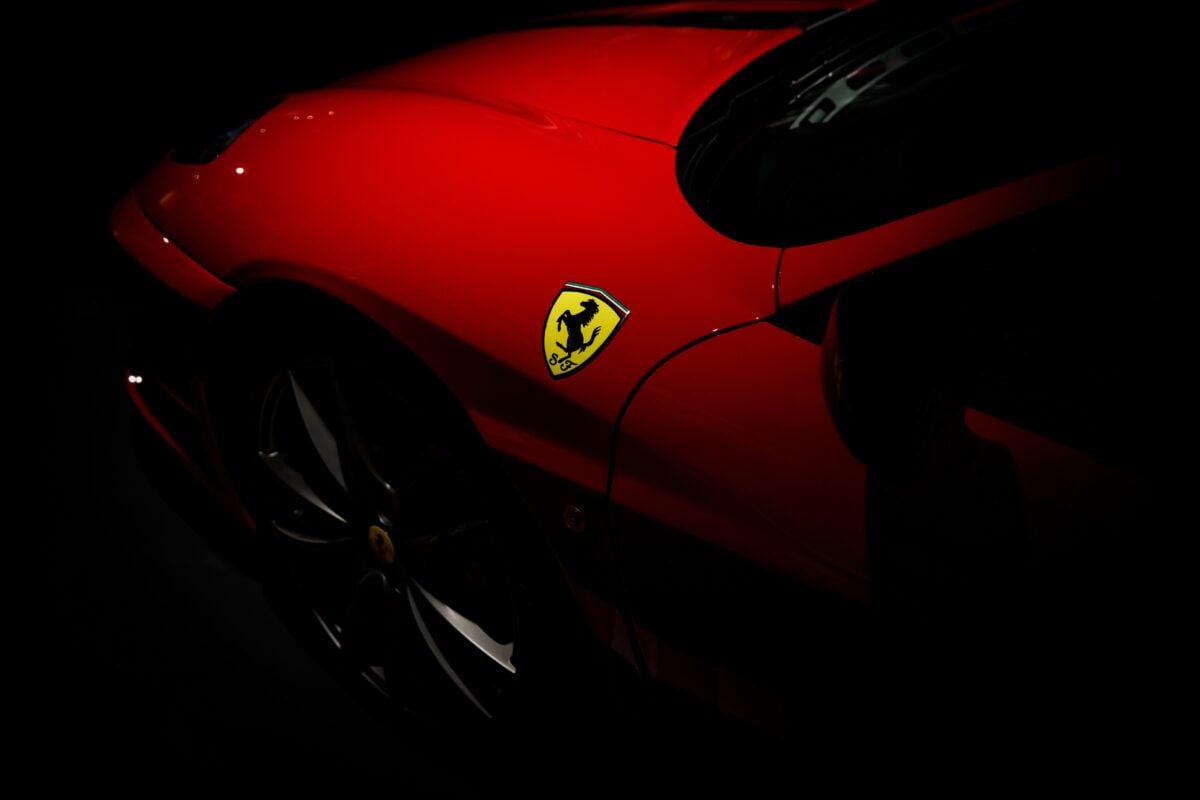TLDRs:
Contents
-
Ferrari has delayed its second electric vehicle to at least 2028 due to a lack of demand from traditional buyers.
-
Sources say customer interest in high-performance EVs remains virtually “non-existent.”
-
The company’s first EV, a low-volume model, is still scheduled for unveiling in spring 2025.
-
Other luxury automakers, including Lamborghini and Maserati, are also scaling back or delaying EV plans.
Ferrari has quietly revised its electric vehicle ambitions, opting to delay its second EV release to at least 2028 as appetite among its core clientele continues to fall short of expectations.
The move underscores the uphill battle facing traditional luxury carmakers as they attempt to electrify without alienating a customer base still loyal to combustion-powered thrills.
This latest delay marks the second time Ferrari has pushed back the model, originally intended to debut by late 2026. Sources close to the matter, who requested anonymity due to the sensitivity of internal timelines, say the decision stems from what one described as “non-existent” demand for electric sports cars. Another insider bluntly noted that “real, sustainable demand is non-existent for an electric sports car,” highlighting the extent of the challenge.
First EV Still On Track, But for a Select Few
Ferrari has yet to publicly confirm the postponement, though the timing suggests a recalibration of its broader EV strategy. The company’s first electric vehicle, a bespoke high-end model co-developed with designer Jony Ive, remains on track for a 2026 launch following a planned unveiling in spring 2025. However, that car is expected to be produced in limited quantities and carry a price tag north of $500,000, catering to collectors more than the everyday Ferrari buyer.
In contrast, the second EV model was envisioned as a more mainstream offering by Ferrari standards, with projected production volumes of 5,000 to 6,000 units over five years. That plan now hangs in the balance as executives grapple with whether their traditional design ethos can co-exist with silent drivetrains and heavy batteries.
The Emotional Disconnect of Electric Supercars
One of the key hurdles appears to be emotional, not technical. Enthusiasts have long revered Ferrari for its visceral sound and mechanical feedback, qualities inherently muted or missing altogether in electric vehicles. Echoing this sentiment, Aston Martin CEO Lawrence Stroll remarked last year that his customers still crave the “sounds and smells” of a real sports car, a comment that reflects a wider reluctance among high-performance buyers to embrace electrification.
The delay also gives Ferrari room to refine its in-house EV technologies, including proprietary powertrains and battery systems that could help differentiate its offerings from rivals. This engineering pivot may prove essential if Ferrari wants to maintain its prestige in an increasingly crowded luxury EV market.
An Industry-Wide Reality Check
Other Italian and German automakers are encountering similar roadblocks. Maserati recently shelved its electric MC20 sports car, citing lack of commercial interest, while Porsche has scaled back production forecasts for its electric Macan and Taycan lines. Lamborghini, another storied name in the segment, has deferred its first EV launch to 2029.
Meanwhile, Ferrari is expected to unveil its updated long-term strategy to investors on October 9. Until then, the company remains tight-lipped, but the message behind its EV delay is clear.


